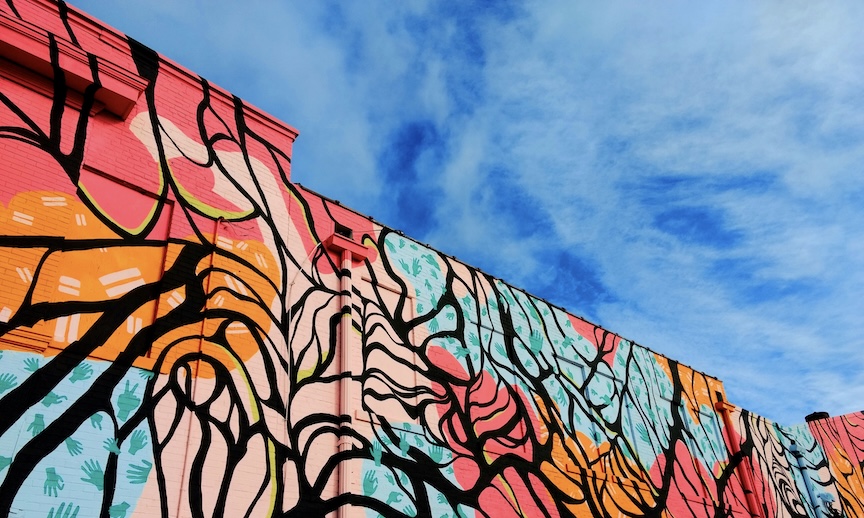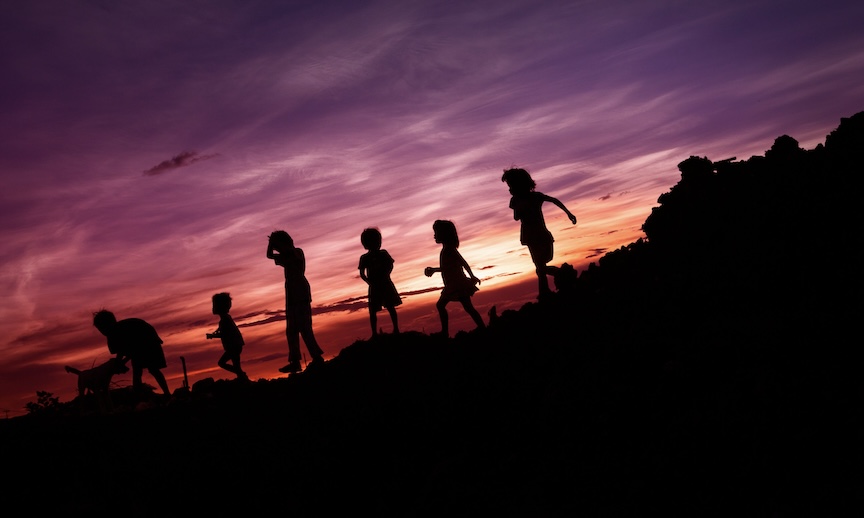BE MY GUEST
I just finished reading a splendid book — Everything Sad is Untrue, by Daniel Nayeri. It’s an autobiographical novel written in the voice of an eleven-year boy, beautifully weaving together Persian myths, heroic legends, personal family history, and his own experience as a refugee from Iran living in suburban Oklahoma. It’s a story about the power of storytelling, and about belonging, among other things. I loved it. I can’t recommend it highly enough.
A recurring theme that touched my heart was Daniel’s description of different cultural mores around hospitality. He and his family encounter both kindness and cruelty everywhere they find themselves — Iran, England, Dubai, Italy, and finally America. The thing really isn’t whether one place is more generous than another, or more welcoming. It’s a matter of etiquette, of manners.
He tells about how it goes for school kids who don’t have money in their cafeteria accounts, the mortification of being singled out and denied a lunch. They are sent to the assistant principal’s office and given cheese and cracker snack-packs while their parents are contacted. The administration won’t allow a child to go completely hungry, which is nice. What’s not so nice is that it’s painfully clear that the meager snacks are given almost begrudgingly. “I am not their guest,” he realizes. Were he a guest, he would be served first and offered the choicest morsels. In Persian culture, anything less than the best for one’s guest would be deliberately and gravely insulting. It’s a point of deep pride for the host. “This is the main difference between our countries.”
It’s got me thinking critically about how I treat others — as guests or not, and what that concept means to me.
Among all the people I encounter every week, which ones do I consider to be my guests? Is it only the folks I’ve especially invited to cross my path? If that’s the line I’m drawing, then who are all the others? What might my life be like — and what might the world be like — if I treated everyone as a welcomed guest?
The great Persian poet Hafiz wrote:
If God invited you to a party and said,
“Everyone in the ballroom tonight will be my special Guest.”
How would you then treat them when you arrived?
Indeed, indeed!
And Hafiz knows there is no one in this world
who is not upon His jeweled dance floor.
Last week, The Atlantic featured an article by David Brooks entitled: “How America Got Mean.” It was a pretty rough read about the precipitous decline of civility in our country. A brutal assessment which, nevertheless, rang true. The title struck me because “mean” is a word I’ve been using a lot lately. Why are we being so danged mean to each other?!
It sounds kind of simplistic or juvenile. “Be nice, don’t be mean” seems an admonishment for a child. But it feels like we have indeed lost touch with this most basic concept. Not always and everywhere, certainly; we can find examples of heroic care and friendship and kindness. Still, I think it’s also obvious that there’s a lot of overt meanness out there nowadays, and it’s exhausting and ugly.
Brooks attributes this to a lack of moral instruction. He’s a bit old-fashioned about it all, longing for a bygone era when the expectations and restraints of “polite” society ensured that people treated each other with courtesy and consideration. Interestingly, he takes direct aim at the self-actualization movement as one of the prime culprits for our sour contemporary callousness. “In a culture devoid of moral education, generations are growing up in a morally inarticulate, self-referential world,” he writes. “Our society has become one in which people feel licensed to give their selfishness free rein.”
While I don’t necessarily agree the causation he attributes, it’s hard to argue with his premise: that we do have a problem of unrestrained narcissism.
I’ve been inclined to think that the antidote to narcissism is empathy, relatedness — sharing someone else’s feelings, or at least trying to understand them. If we can imagine ourselves in another’s place, perhaps we will be more inclined to treat them as we’d like to be treated, love them as we’d like to be loved.
However, this only works if we know how to treat ourselves… And we’re not very good at considering ourselves as beloved guests, either.
We’re floundering at both self-care and common courtesy. And it doesn’t help that we’ve set them up at odds, weirdly.
In Daniel Nayeri’s story, he observes that Persian politeness in the extreme can be a form of self-annihilation — denial of one’s own preferences, an absence of boundaries, a lack of self-expression. Likewise, David Brooks acknowledges that “the good old days” of American civility were wrapped up in a lot of ways with authoritarian hierarchies, repression, and injustice.
So I don’t think the answer is social pressure for self-subversion, in which we all keep our traps shut because we’re afraid to give offense. Inauthenticity always ends up being corrosive and usually comes out sideways. And yet, even if it was superficial, I miss those times back when people didn’t feel quite so free to punch flight attendants in the face, and shout epithets at strangers in the grocery store, and shoot folks who turn into the wrong driveway.
I like it better when people are nice to each other. And I like it better when I’m nice to myself. And, obviously, both can be. Self-interest doesn’t have to be graceless. And neither is politeness necessarily repressive. Indeed, I think the trick is in recognizing that the only way to experience either fully is to practice both. Be my guest.
I can’t wait to be with you this Sunday, September 3, at 10:00am at Maple Street Dance Space. With special musical guests, Scott Hooker and Janna Nelson. XO, Drew
©2023 Drew Groves




